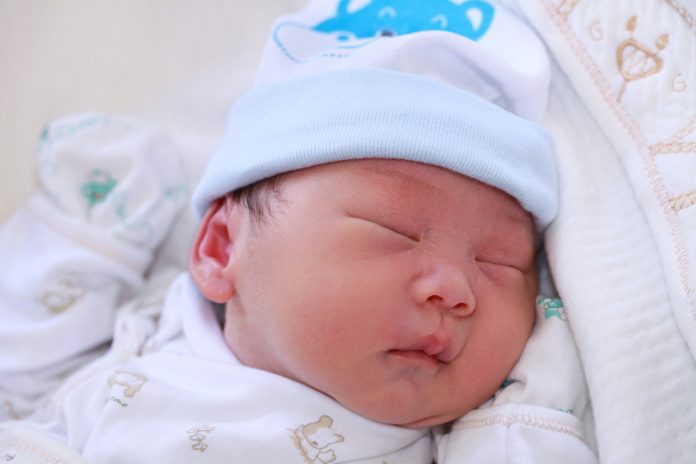During the first COVID lockdown, almost half of women with babies aged six months or younger experienced post-natal depression, according to UCL researchers
Researchers at University College London (UCL) worked with 162 mums in London, in the summer months of 2020. They found that women described feelings of isolation, exhaustion, worry, inadequacy, guilt, and increased stress. Many also felt that their baby was losing out on opportunities, while worrying about the potential developmental impact of social isolation on their baby.
Dr Emily Emmott at UCL Anthropology said: “New mothers with more than one child were hardest hit, left to deal with newborns on top of multiple demands like home schooling. First-time mothers often felt cheated out of precious time spent together with their babies and family or friends, making coming to terms with the change of identity and isolation that new mothers often feel even harder.”
The COVID-19 crisis has deeply influenced maternal and child health across the globe, according to work by Assistant Professor Mahesh Karra, at the Global Policy Development Institute in Boston. He wrote that “Improving the health and well-being of mothers, infants, and children is a public health priority.”
Some of the new mums in the UK felt that their partners were unavailable to help, which worsened their experience of post-natal depression.
More contact with people, fewer depressive symptoms
The team found that when new mums had more contact with people – via Zoom or in reality – they reported fewer depressive symptoms. A first-time mother said: “I feel I’m making it up as I go along and have no one to guide me.” This suggests that the reduction in social contact that comes with lockdown may have increased the risk of postnatal depression.
“I feel I’m making it up as I go along and have no one to guide me.”
On a different study, a researcher team found that loneliness can even restructure regions of the brain.
However, there was a slight anomaly where researchers examined women who kept face-to-face contact with family members.
This group was more likely to exhibit post-natal depression – but the team believe that this is why they potentially broke lockdown, to get immediate, face-to-face support from their families due to the urgency of their pain.
Another mum said: “I think lockdown has made me feel like I’m not a person in my own right anymore. Not having anyone to hold him or to help out a bit makes me feel it’s all me and it’s a lot of pressure, which I can resent. I feel like I don’t have any time to rest.”
‘It really does take a village to raise a child,’ says scientist
Dr Sarah Myers at UCL Anthropology, commented: “Caring for a new baby is challenging and all new mothers suffer some level of mental, physical and emotional exhaustion. Low social support is one of the key risk factors for developing postnatal depression. Social distancing measures during lockdown created so many barriers to having practical help and meaningful support from others in the weeks and months after their baby’s arrival, leading many new mothers to feel totally overwhelmed.
“It really does take a village to raise a child, especially in a crisis when everyone is dealing with increased demands, stresses and significant life events. Our survey shows that lockdowns leave new mothers more vulnerable to postnatal depression, and that digital solutions might help but they are not the answer. Policy makers must take this into account as we continue to deal with COVID-19, for the sake of mums, babies and whole families.”











